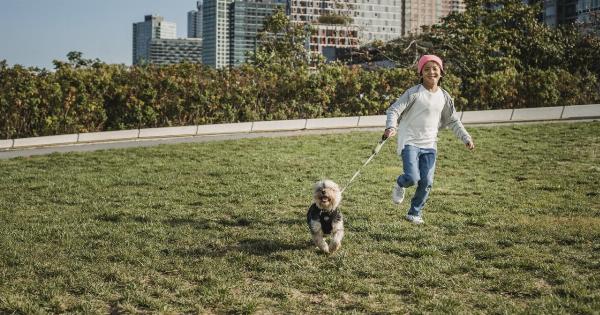If you’re looking for a large, powerful canine companion that will keep an eye on your home and family, the Dogue de Bordeaux might be the breed for you.
This breed is known for their massive size, strength, and loyalty, making them an excellent choice for a guardian dog.
Origins of the Dogue de Bordeaux
The Dogue de Bordeaux, also known as the Bordeaux Mastiff, is an ancient French breed that can be traced back to the 14th century. They were originally bred to guard properties, hunt large game, and drive cattle.
The breed was also used for dog fighting, bull baiting, and as a general-purpose working dog.
Over the centuries, the breed evolved and adapted to changing roles. In the 19th century, the breed was used by French butchers and slaughterhouses to control bulls and cattle. Later, they were used as police and military dogs.
However, by the mid-20th century, the breed was almost extinct due to the destruction of World War II and the rise of more modern dog breeds.
In the 1960s, a group of French breeders worked to revive the breed through careful breeding and selection. Today, the Dogue de Bordeaux is still relatively rare, but it is gaining popularity among dog enthusiasts worldwide.
Physical Characteristics of the Dogue de Bordeaux
The Dogue de Bordeaux is a large and powerful breed, with males typically weighing between 110-145 pounds and standing up to 27 inches tall at the shoulder. Females are slightly smaller, weighing between 99-120 pounds and standing up to 26 inches tall.
The breed has a short, smooth coat that ranges in color from shades of fawn to mahogany. They have a massive head with loose skin that gives them their distinctive wrinkled, droopy face.
Their nose and ears are typically black or dark brown, and their eyes are deep-set and expressive.
Temperament and Personality Traits
The Dogue de Bordeaux is an affectionate and loyal breed, known for their devotion to their owners. They are protective and watchful, making them excellent guard dogs, but they are also calm and patient with children and other pets.
While they are generally easy-going, they can be stubborn at times, so early socialization and training are important to ensure they grow up to be well-behaved and obedient.
They are also known for their intelligence and love of learning, so training and positive reinforcement can be a fun and rewarding experience for both the dog and owner.
Despite their massive size and strength, the Dogue de Bordeaux is a gentle giant that craves attention and affection. They are not a breed suited for living outside or in a kennel, as they thrive on human interaction and companionship.
In fact, they are so loyal that they have been known to suffer from separation anxiety when away from their owners for too long.
Grooming and Care
The Dogue de Bordeaux has a short, smooth coat that requires minimal grooming. Weekly brushing with a soft bristle brush or rubber grooming tool can help remove loose hair and distribute skin oils.
They are moderate shedders, so regular brushing can help reduce shedding and keep their coat looking healthy and shiny.
This breed does not require frequent baths unless they get particularly dirty or smelly. They have sensitive skin, so it’s important to use a mild shampoo that won’t dry out their skin or cause irritation.
They are also prone to skin infections and allergies, so owners should keep an eye out for any signs of skin irritation or inflammation.
As with any large breed, the Dogue de Bordeaux is at risk for hip and elbow dysplasia, so regular veterinary check-ups are important to ensure their joints remain healthy and strong.
They are also prone to obesity, so owners should monitor their food and exercise to keep them at a healthy weight.
Training and Exercise
The Dogue de Bordeaux is an intelligent breed that responds well to positive, reward-based training methods. They are motivated by food and praise, so treats and enthusiastic encouragement can help keep them engaged and focused.
Early socialization and training is important to ensure they grow up to be well-behaved, confident, and obedient.
While they are not a particularly active breed, the Dogue de Bordeaux does require regular exercise to keep them healthy and happy. Daily walks or playtime in a fenced yard can help burn off excess energy and prevent obesity.
However, they are not well-suited for intense or high-impact exercise, so owners should avoid activities that could strain their joints or cause injury.
Is the Dogue de Bordeaux Right for You?
The Dogue de Bordeaux is a powerful and devoted breed that can make an excellent guardian and companion for the right owner.
They are loyal, protective, and affectionate, but they require a significant amount of attention, training, and exercise to thrive. If you’re prepared to take on the responsibility of a large breed, the Dogue de Bordeaux could be the perfect addition to your family.
Conclusion
The Dogue de Bordeaux is a large, powerful breed with a history dating back centuries. They are known for their loyalty, protectiveness, and affectionate nature, making them an excellent choice for a guardian dog or companion.
They require consistent training and exercise to remain healthy and happy, but the rewards of owning and caring for a Dogue de Bordeaux are immeasurable.






























